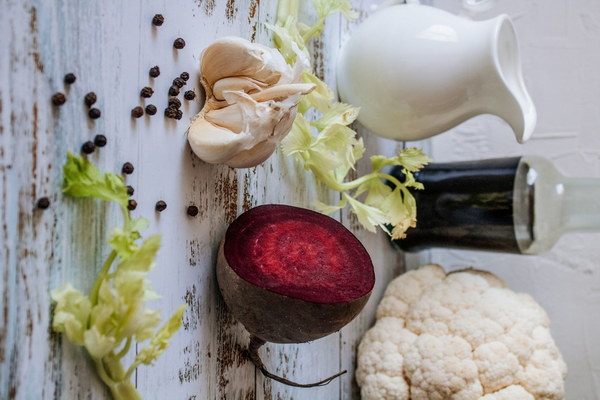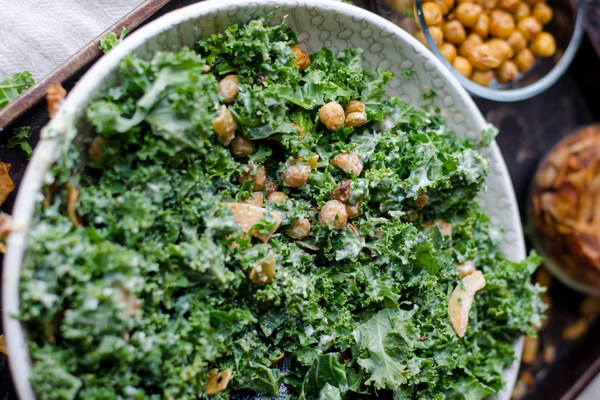Does Mulberry Leaf Help with Gastric Health
Introduction:

In recent years, the use of natural remedies for health issues has gained immense popularity. One such natural ingredient that has been capturing the attention of health enthusiasts is mulberry leaf. Mulberry leaf, also known as morus alba, is believed to have various health benefits. One of the most debated benefits is its potential to aid in gastric health. In this article, we will explore whether mulberry leaf can indeed benefit your digestive system.
What is Mulberry Leaf?
Mulberry leaf, derived from the Morus alba tree, is a leafy green plant that is commonly used in traditional Chinese medicine. It is rich in nutrients such as vitamins, minerals, and antioxidants. The leaf has a long history of usage for its potential health benefits, including its ability to improve digestion and promote overall wellness.
Potential Benefits of Mulberry Leaf for Gastric Health:
1. Anti-inflammatory Properties:
One of the primary reasons mulberry leaf is believed to benefit gastric health is its anti-inflammatory properties. Chronic inflammation in the digestive system can lead to various gastrointestinal issues, including ulcers and irritable bowel syndrome (IBS). Mulberry leaf's anti-inflammatory compounds may help reduce inflammation in the stomach lining, thus alleviating symptoms of these conditions.
2. Antioxidant Protection:
Mulberry leaf is abundant in antioxidants, which help combat oxidative stress in the body. Oxidative stress can damage cells and contribute to the development of gastrointestinal disorders. By neutralizing free radicals, mulberry leaf can protect the stomach lining from oxidative damage and potentially reduce the risk of stomach ulcers and other digestive issues.
3. Improved Digestion:
Mulberry leaf is known to enhance digestive function. It contains compounds that can stimulate the production of digestive enzymes, which aid in breaking down food and improving nutrient absorption. This can help alleviate symptoms of indigestion and bloating, leading to better overall gastric health.
4. Liver Protection:
The liver plays a crucial role in digestion, as it produces bile that aids in the breakdown of fats. Mulberry leaf may help protect the liver from damage, ensuring optimal bile production and digestion. This, in turn, can improve the health of the digestive system.
5. Weight Management:
Excess weight can lead to various gastrointestinal problems, including acid reflux and gallstones. Mulberry leaf is believed to aid in weight management due to its ability to suppress appetite and increase metabolism. By promoting healthy weight loss, mulberry leaf may help improve gastric health.
How to Incorporate Mulberry Leaf into Your Diet:
1. Mulberry Leaf Tea:
One of the most common ways to consume mulberry leaf is by making tea. Simply steep a few leaves in hot water for a few minutes and enjoy the soothing beverage. You can add honey or lemon for added flavor.
2. Mulberry Leaf Extract:
Mulberry leaf extract is available in supplement form. It is recommended to consult with a healthcare professional before starting any new supplement, especially if you have pre-existing health conditions.
3. Mulberry Leaf in Recipes:
Mulberry leaf can be added to various dishes, such as salads, smoothies, or soups. However, it is important to note that the taste of mulberry leaf is quite strong, so it is best to use it in moderation.
Conclusion:
While more research is needed to fully understand the extent of mulberry leaf's benefits for gastric health, current evidence suggests that it may indeed help improve digestion and protect the stomach lining. Incorporating mulberry leaf into your diet through tea or supplements may provide some relief from gastrointestinal issues. However, it is essential to consult with a healthcare professional before starting any new treatment or supplement regimen.









